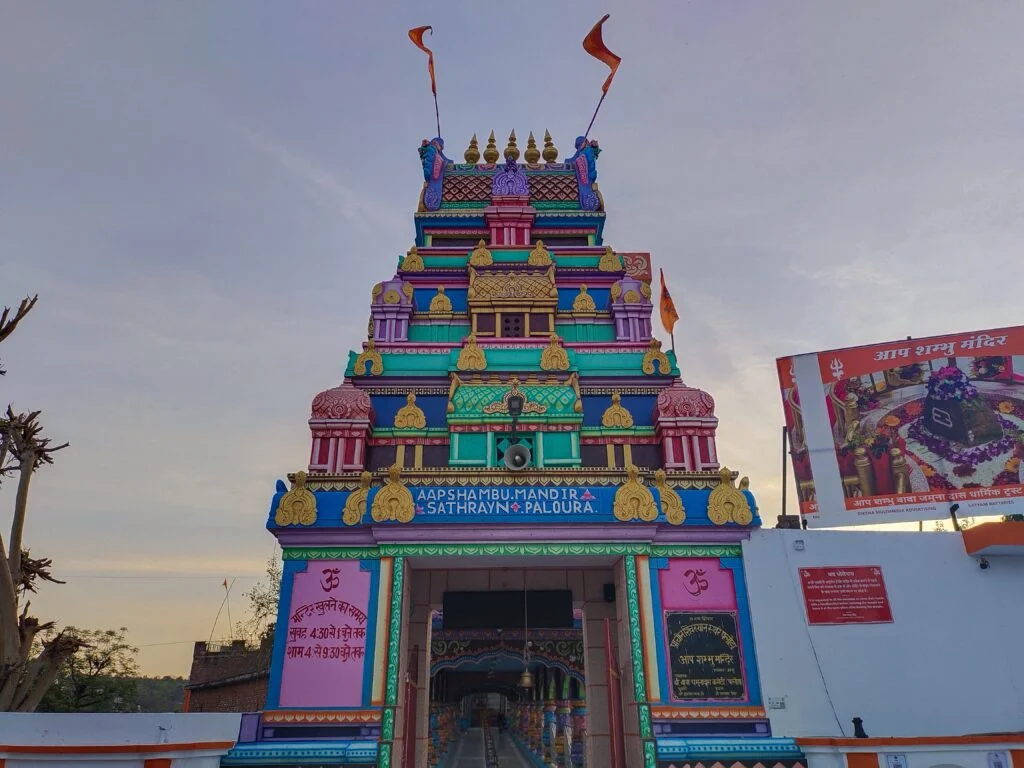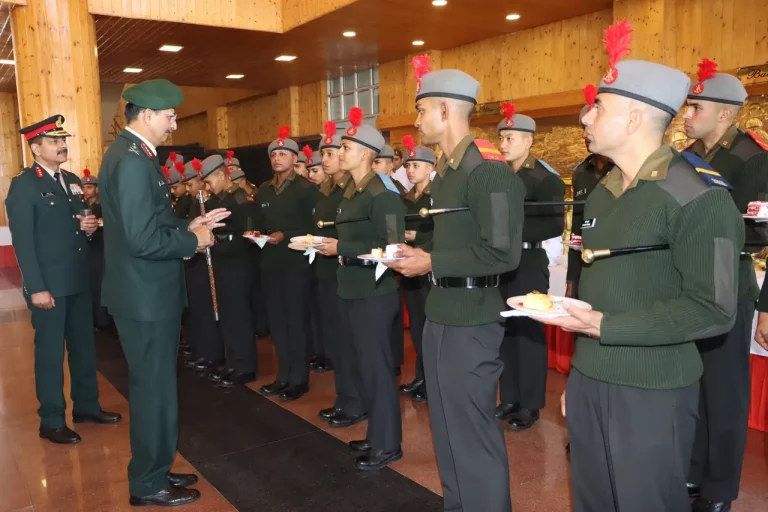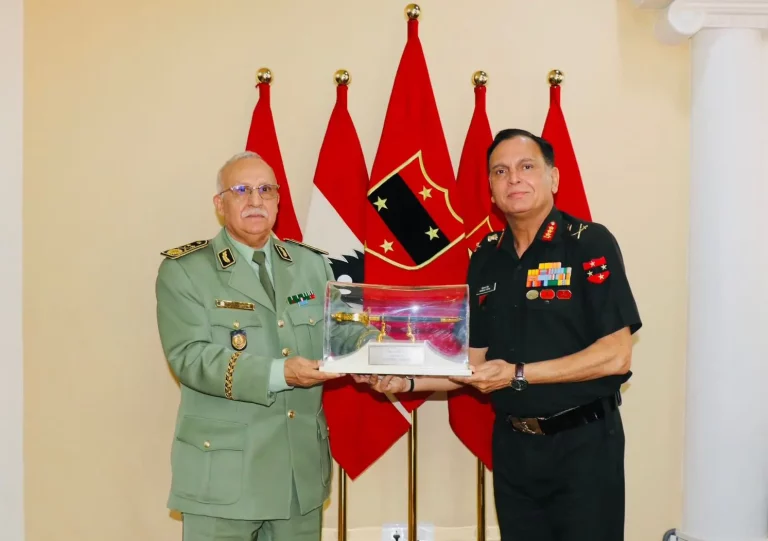A missile launched from Pakistan struck near the Aap Shambhu Temple in Jammu early Saturday morning, raising alarm bells over the targeting of religious sites amid the escalating tensions between India and Pakistan. This incident contributes to a growing crisis marked by a military confrontation that has been intensifying since May 8, with both nations engaged in cross-border strikes utilizing drones, artillery, and ballistic missiles.
The missile landed in close proximity to the temple in the Roop Nagar area, which holds significant religious importance for local Hindu communities. Although there were no reports of casualties, the psychological ramifications and potential for communal unrest have drawn national concern. Indian authorities condemned the missile strike as a “grave provocation,” warning about the serious dangers posed by actions targeting civilian and religious infrastructure.
Indian air defense systems successfully intercepted additional incoming missiles aimed at sensitive locations, including Satwari, RS Pura, Arnia, and Samba. Military sources report that advanced interception technologies played a crucial role in preventing greater destruction. Despite this, the scale and spread of missile attacks suggest a calculated effort to disrupt civilian life and escalate the conflict beyond mere military zones.
This strike follows a series of retaliatory measures initiated by India in response to air strikes targeting military installations and suspected terrorist camps in Pakistan and Pakistan-occupied Kashmir (PoK). These operations were a direct reaction to an attack on April 22 in Pahalgam, Jammu & Kashmir, which claimed the lives of 26 civilians, predominantly tourists. Pakistan, on its part, has denied harboring terror groups, alleging that India is engaging in unwarranted aggression and targeting civilians.
The clash has already led to over 40 confirmed deaths, spanning both civilian and military personnel on both sides. However, the missile strike near religious landmarks marks a troubling shift in the conflict dynamics, prompting Indian officials to express concerns over attempts to inflame communal divisions and destabilize internal security.
The international community—including the United Nations, the European Union, and the Gulf Cooperation Council—has voiced serious concern over the escalating tensions and called for immediate restraint. Still, both nations remain on high alert, with increasing nationalist rhetoric suggesting a high likelihood of further military action and symbolic strikes.
In response to the heightened threat, security measures have been amplified in and around Jammu. Local authorities are urging residents to remain indoors and avoid large gatherings, while religious institutions across northern India are under heightened surveillance amid fears of additional attacks.
As the situation continues to evolve, diplomatic efforts appear increasingly strained. Global stakeholders advocate for a return to dialogue; however, with military operations escalating and targets expanding, fears of a prolonged and more destructive conflict are intensifying.







